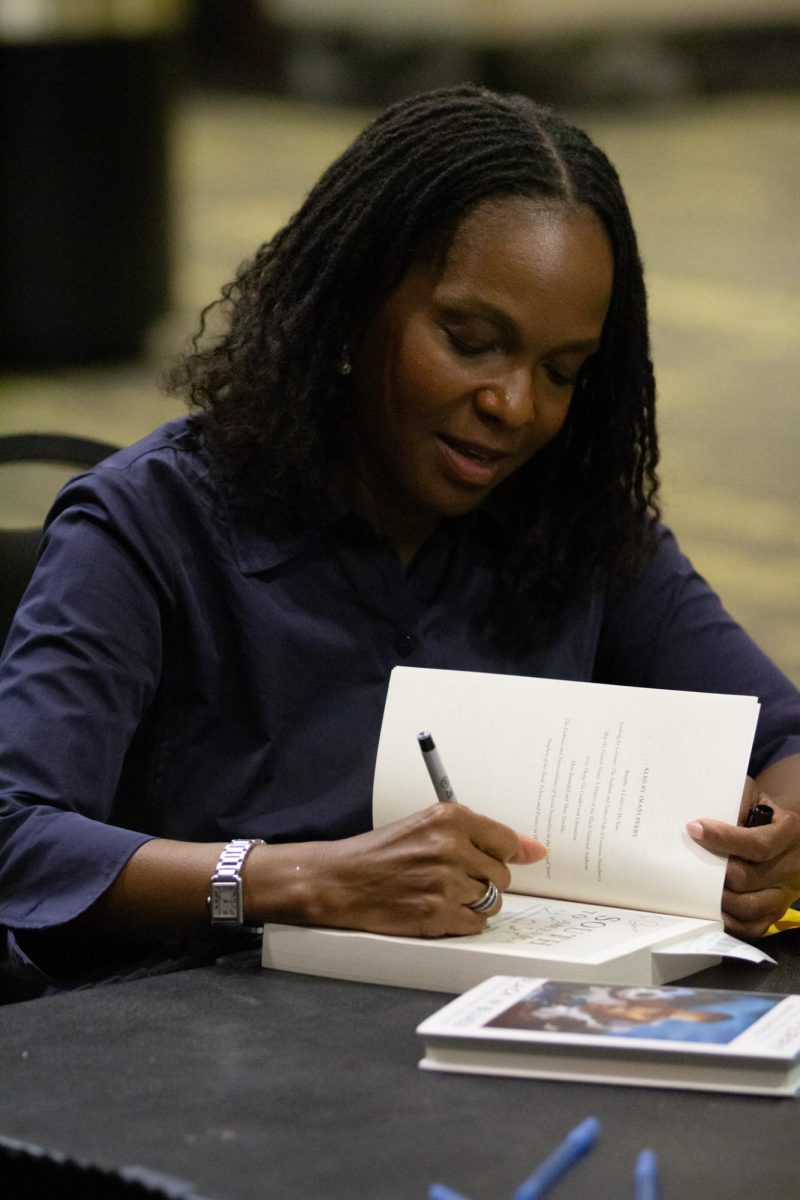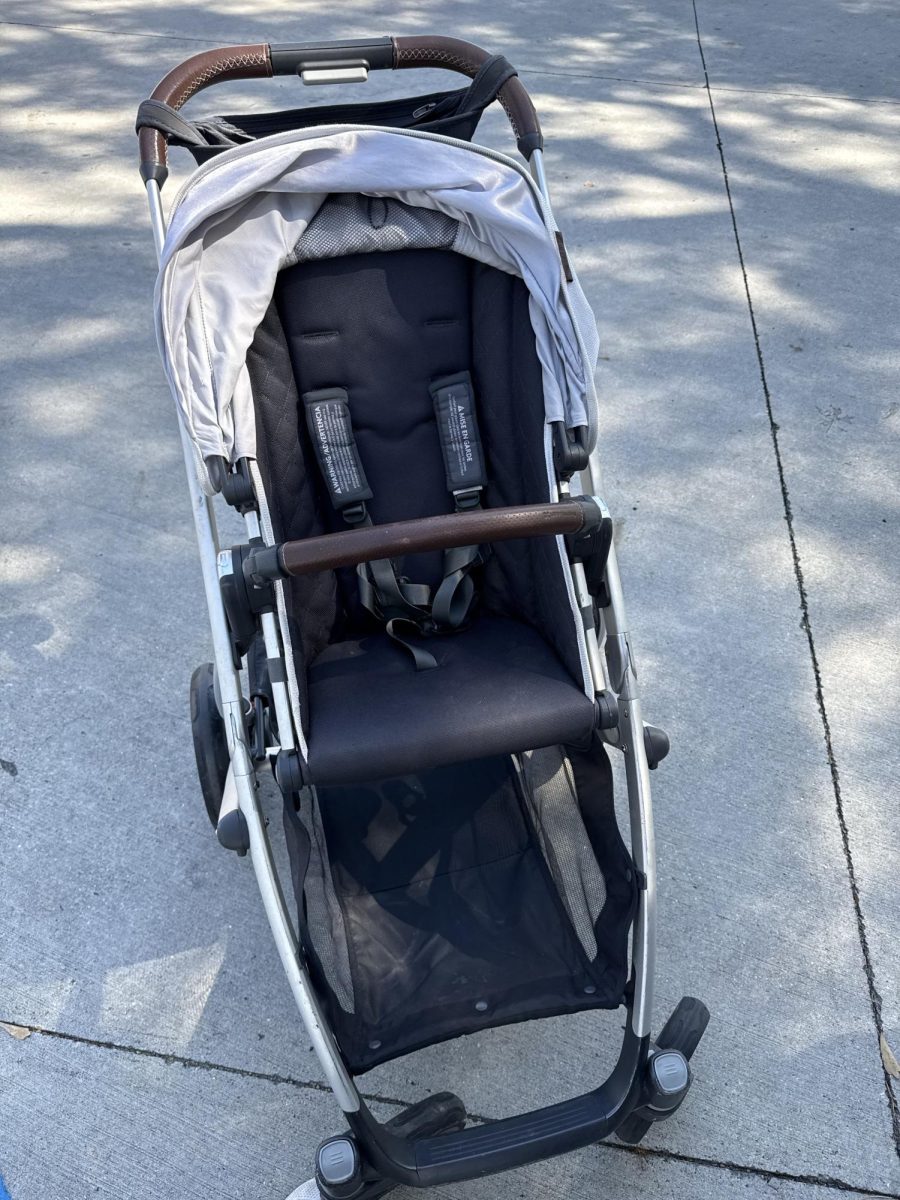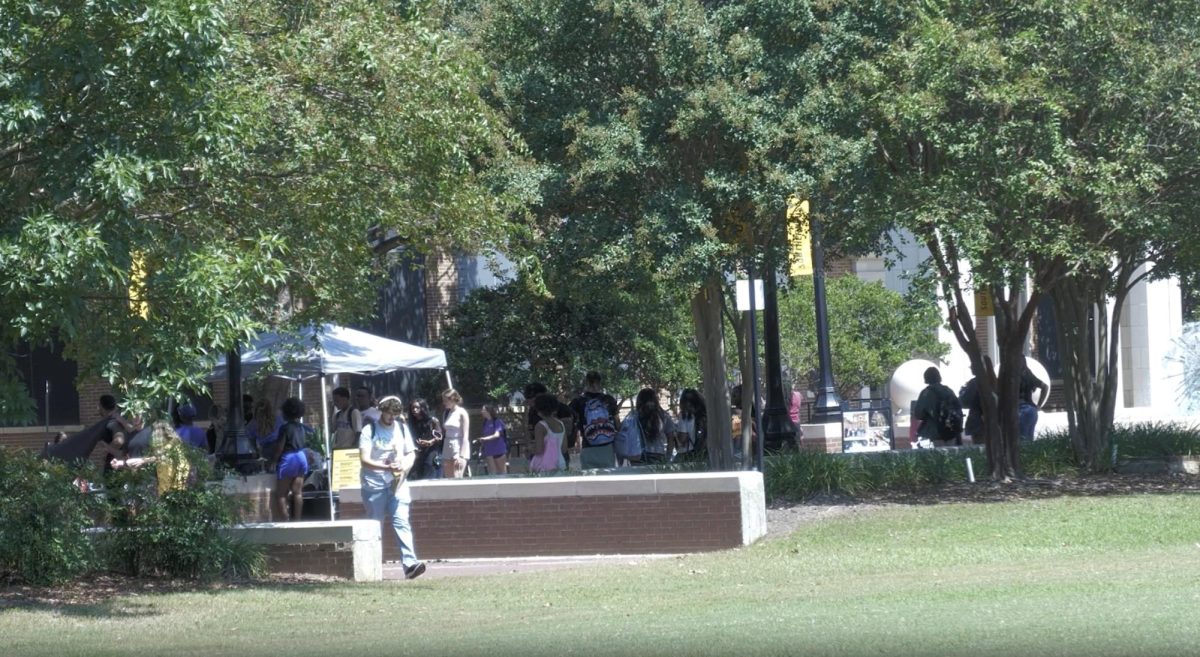Mississippi lawmakers this year banned diversity, equity, and inclusion programs across state institutions, calling them “divisive” and “progressive.”
The law prohibits certain resources and spaces for many students, including access to inclusive housing options. Any institution that does not follow this law will face penalties, including the withheld of “applicable state grants or monies,” as outlined in Section 7 of Mississippi HB 1193. The potential loss of state funding has already influenced some university decision-making.
Some universities had already paused or cut support for LGBTQ+ events and resources citing the law and its funding penalties. The University of Mississippi paused institutional support for the Oxford Pride Parade in 2025, explicitly citing “the impact of new state legislation on university involvement in events and activities.”
Due to the potential loss of funding, state universities may avoid developing or expanding LGBTQ+ housing programs, such as gender- neutral or LGBTQ+ friendly dorms similar to programs at universities in other states.
Outside experts, such as Jason C. Garvey, author of Trans Policies & Experiences in Housing & Residence Life, covered in his book the challenges transgender students face when campus housing does not reflect their gender identity.
“Many trans students encounter housing policies and environments that uphold a strict gender binary, which often marginalizes those who do not fit neatly into these categories.” Garvey said. “This marginalization can lead to feelings of isolation, invisibility, and a lack of safety within their own living environments, further impacting their mental health and academic success.”
University administrators said that student safety and input are central housing decisions. The Dean of Students Office at USM said in a statement, “We take all things into consideration that the students share with us in regards to housing placement. There are multiple levels of safety and security in place. We have several layers of staffing that students can go to for their individual concerns.”
Many LGBTQ+ students, specifically those that belong to the transgender community, are currently living in residence halls based on their sex assigned at birth.
Alex Starnes, a transgender student, said he feels comfortable living at Scott Hall, an all-female residence hall for upperclassmen, despite having to occasionally clarify his housing status to the front desk.
“I like Scott Hall because it reminds me of Vann Hall, which is where I stayed last semester,” Starnes said. “Also, a lot of my friends stay on the same floor as me. Aside from the occasional instances where I have to remind the front desk RA that I live here and therefore do not need to check in, I feel decently comfortable.”
However, Starnes also said the lack of gender-neutral bathrooms creates daily distress.
“I drink a lot of water and use the restroom a lot because of it, and I often find myself anxious about which bathroom I should use,” Starnes added. “I typically just use whichever restroom has less people. It causes me anxiety daily and makes me late to class on occasion.”
Alex is not the only trans man who has needed to remind the front desk about his housing status. William Murray has had a similar experience while living in an all-female residence hall.
“I was waiting on the elevator when the woman behind the desk said, “Excuse me,” to get someone’s attention,’ Murray said. ‘I had no reason to suspect she was talking to me, so I got into the elevator.”
‘She said it again, much louder, and I backed out of the elevator,’ he added. “I looked at her, and she asked me, ‘Do you live here?’ in a confused tone of voice. I was a bit mortified. I couldn’t speak for a few seconds before I gave her a shaky, ‘Yeah … ?’ There was another, I assume an RA, woman nearby, and she tried to cover her mistake by saying they’re still learning who all lives here. It didn’t help. I got back to my dorm and cried. I wasn’t sure what I was crying about—I was seen as a man. Wasn’t that what I wanted? Now, I just try to keep my head down and avoid staff.”
Avery Cote, a trans woman, said she often does not feel comfortable with her living situation.
“I feel uncomfortable…I actually have to do this kind of thing…I did it last year, I have to email them…” she said. “I feel like I need to email them before being like this is my situation and if you don’t agree with it, I am sorry we have to…like probably switch up…it makes me feel really uncomfortable a lot of the time… I feel like I am begging someone to be like “please accept me” or something…but…yeah…not good that I always have to tell someone that…”
Avery Cote said she wishes universities offered more housing options for transgender students.
“Even just the option to say…you are trans, you are like different and maybe get you roommate that…maybe not accept that…but be like I am okay with it…” she said. “Being trans is so visible within your life. If the person you ended up pairing with does not agree with it…it could cause immediate harm to you…”




























